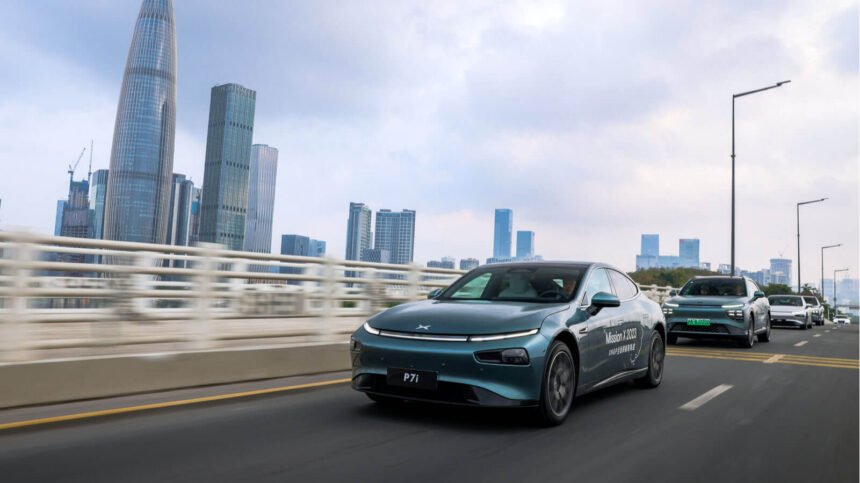The overseas expansion of Chinese intelligent driving suppliers is on the horizon, with 2026 anticipated to be the inaugural year for these companies to venture abroad. Despite the vast potential of the Chinese high-level intelligent driving market, only a handful of suppliers are expected to thrive in this competitive landscape. This has spurred a wave of consolidation and capital integration within the industry, leaving second-tier suppliers struggling to survive independently. PhiGent Robotics, for instance, is set to be acquired by NavInfo in response to these challenges.
While some leading intelligent driving suppliers have secured orders from overseas automakers, actual implementation is not expected to commence until after 2027. This delay poses a significant financial strain on second- and third-tier suppliers grappling with cash flow shortages. The hurdles in overseas expansion are numerous, including issues related to data compliance, localized development, and the alignment of research and development processes with safety culture.
The localization of user experience and trust barriers present significant challenges for Chinese companies looking to establish a foothold in foreign markets. Driving cultures vary significantly across regions, with unique regulations and driving behaviors that must be taken into account. Additionally, data compliance and closed-loop systems are crucial for ensuring regulatory adherence and data protection laws in different countries. This necessitates substantial investment in resources and infrastructure to navigate these complexities.
To address these challenges, light-asset cooperation with foreign suppliers emerges as a viable solution for Chinese intelligent driving companies. By partnering with foreign suppliers, Chinese firms can leverage their expertise in local regulations, certification processes, and testing procedures. Collaborative efforts with established players like HERE Technologies and TomTom have enabled Chinese automakers to streamline the certification process and adapt their products for overseas markets.
Furthermore, solutions to data collection, storage, and cross-border transmission are essential for compliance with data protection regulations like GDPR. Companies like XPeng have leveraged partnerships with AWS to establish secure data processing and storage systems within the EU, ensuring compliance with regional laws. Such collaborations enable efficient data management and analysis while adhering to stringent privacy regulations.
In terms of technology implementation, Chinese suppliers are exploring licensing agreements with overseas automakers to deploy their cutting-edge algorithms in foreign markets. Momenta’s partnership with Uber, for example, has paved the way for the launch of Robotaxi services in Europe. By tapping into Uber’s extensive user base and global platform, Momenta can accelerate its international expansion and gather valuable road data for algorithm refinement.
In conclusion, the overseas layout of intelligent driving presents numerous challenges for Chinese suppliers, but strategic partnerships with foreign players offer a pathway to success. By embracing collaborative approaches and leveraging the expertise of established suppliers, Chinese companies can navigate the complexities of foreign markets and drive innovation in the intelligent driving industry.







